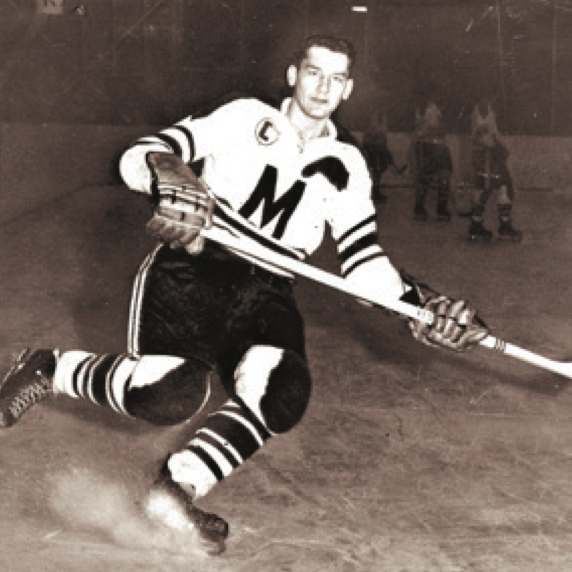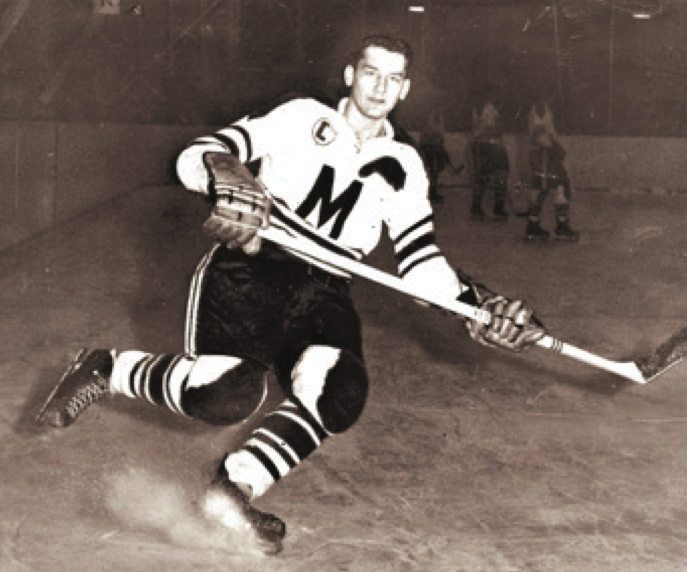
True love involves both sacrifice and reward.
What is love?
(If you answered “baby don’t hurt me / don’t hurt me / no more”, I’m not going to judge you.)
Typically when we put together these “love and sex” issues, there’s a tendency to focus on the sex and not the love. This is understandable — university is a time of sexual growth and discovery, the first time most people have to experiment outside the awkward confines of the family home.
I think there’s another reason that we focus on sex though: most of us really don’t have enough life experience to properly understand love.
Love is the big mystery rumbling at the back of every undergraduate’s mind — this relationship I’m in, is it true love, or just a fling? Is she the one? Do I dare take him home to meet my parents?
The thing is, love is defined by sacrifice, and if you’re still inside the university bubble, odds are you haven’t really experienced enough of life’s adversity to properly understand it.
Love isn’t sacrifice in the sense of “I’d do anything my significant other asked of me” — that leads to spoiled partners and worryingly unbalanced power dynamics within relationships — but rather “I care enough about my partner’s well being that I’d be willing to sacrifice my own desires if it meant meeting my partner’s genuine needs”.
A perfect model of this definition of love is my grandfather Edgar, who passed away last week. The man was full of love. Not the sappy poetry and lute-playing kind of love but genuine compassion and fondness for his family. This was a man who never failed to deny his own interests when they came in contact with the needs of his loved ones.
Take his hockey career, for example. I don’t want to brag — okay, maybe I do, just a little— but my grandfather was a heck of a hockey player.
One day a few years ago, I was in the Nova Scotia Archives, looking up newspapers from the day after my dad was born, hoping to find his birth announcement.
I didn’t end up finding the announcement, but when I opened the sports page, my jaw nearly hit the floor. The day’s headline proclaimed that my grandfather had sealed the final game of the Maritime hockey championships with a performance for the ages — six goals and three assists, capping off a three-game series in which he totaled 17 points.
His explanation for the outburst: his wife had asked him to score a hat trick in celebration of the birth of their first child, and he’d been so excited that he’d promised her two in the same game.
These games weren’t isolated incidents either, and his talent drew the attention of NHL scouts. Not long after his thrilling championship performance, he had the opportunity to play for the New York Rovers, the farm team for the New York Rangers. He quickly worked his way into the rotation of this new club, tallying 7 points in his first 8 games. He had a very real chance to take his talents to the next level.
His excitement over his shot at the NHL wasn’t about the financial benefits we associate with professional sports today. The biggest star in the NHL at the time — Gordie Howe — made only $25,000 per year. Rather, this opportunity was all about the chance to live out his dreams and play against the best players in the world.
My grandfather soon faced a painful choice, though. His wife was back home in Nova Scotia with their two infant children (born only a year apart), and the distance was taking its toll.
He had to make a decision — stay in New York and pursue his personal dream of making the NHL, or return home to help carry the burden of raising his young family.
He returned home.
As he did time and time again throughout his life, he chose the needs of his family over his own personal desires.
For those who haven’t yet had the chance to make this kind of tough choice, it might seem terrible. What good is love if it gets in the way of your own fulfillment and happiness?
Take a step back though, and consider nature of such a sacrifice. Something that compels you to put others’ needs above your own wants has to have its own inherent value, right?
My grandfather’s sacrifices gave him back more happiness than a few fleeting seasons on big-league ice ever could have. He raised six children who went on to become amazingly kind, positive, loving people in their own right.
They in turn raised seven grandchildren and a great-grandchild who gave him yet more reasons to glow with pride and filled his house with laughter and love. His choices paved the way for an inspiring, beautiful six-decade relationship with the love of his life. When he passed away, he was surrounded by all of the warmth and love that anyone could ever ask for.
Love is sacrifice, yes, but it is also a reward. Don’t fear it, but don’t try to rush it either. When it is real and you are tested, you will know.
Until then, rest assured that whenever someone poses you the question “what is love?”, bobbing your head and singing the lyrics to the classic Haddaway dance tune remain a perfectly acceptable answer.







